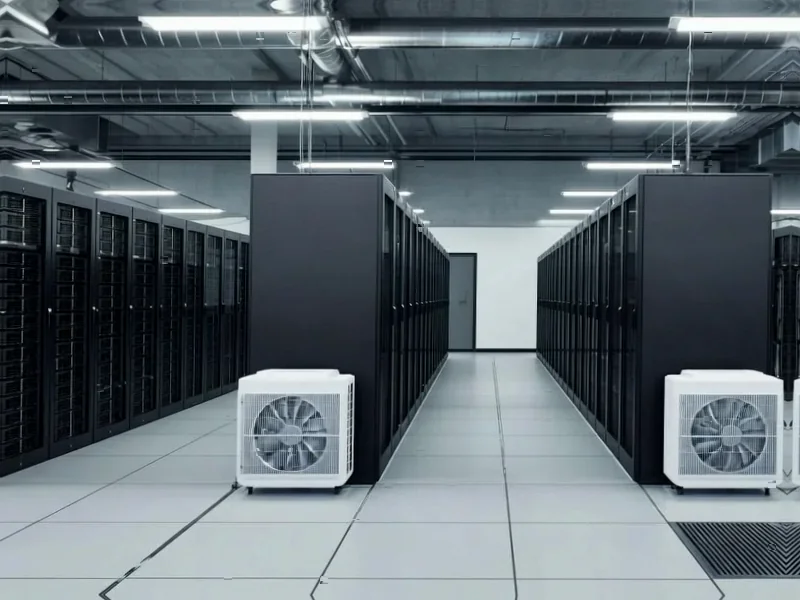According to Windows Report | Error-free Tech Life, Microsoft has announced a $15.2 billion investment in the United Arab Emirates to be completed by 2029, positioning the country as a global hub for artificial intelligence and cloud innovation. The company has already deployed $7.3 billion since 2023, including a $1.5 billion equity stake in G42 and over $4.6 billion in AI and cloud datacenters. The remaining $7.9 billion through 2029 includes $5.5 billion for infrastructure expansion and $2.4 billion for operations and partnerships, featuring tens of thousands of NVIDIA GPUs including A100, H100, and GB300 chips approved under U.S. export controls. Microsoft currently employs nearly 1,000 people in the UAE and aims to skill one million residents by 2027, having already trained 120,000 government employees, 175,000 students, and 39,000 teachers. This massive commitment represents a strategic pivot toward establishing the UAE as a central node in global AI infrastructure.
The GPU Infrastructure Behind the Investment
The deployment of NVIDIA’s A100, H100, and upcoming GB300 chips represents a sophisticated multi-generational compute strategy. The A100 serves as the workhorse for current inference workloads and model fine-tuning, while the H100 clusters will handle the most demanding training tasks for large language models. The GB300, which represents NVIDIA’s next-generation Blackwell architecture, indicates Microsoft is planning for models that will require even greater memory bandwidth and compute density. This tiered approach allows for efficient resource allocation across different AI workloads while future-proofing the infrastructure against rapid model scaling.
Geopolitical Dimensions of AI Infrastructure
This investment carries significant geopolitical weight beyond pure business expansion. The UAE’s positioning as an AI hub bridges Western technology with Global South markets, creating a neutral ground for AI development that isn’t directly aligned with U.S.-China tensions. The strict U.S. export control compliance for the NVIDIA GPUs demonstrates how carefully Microsoft is navigating the complex regulatory landscape. By establishing this infrastructure in the UAE, Microsoft creates a strategic foothold that can serve markets across Africa, the Middle East, and South Asia while maintaining alignment with U.S. national security interests.
Technical Implementation Challenges
Deploying this scale of AI infrastructure in the UAE presents unique technical challenges. The region’s extreme climate requires advanced cooling solutions for high-density GPU clusters, likely driving innovation in liquid cooling and advanced HVAC systems. Power consumption for tens of thousands of GPUs will strain local energy grids, necessitating partnerships with utility providers and potentially driving investment in renewable energy sources. The geographic location also introduces latency considerations for serving global markets, requiring sophisticated edge computing architectures and optimized network routing.
The Talent Development Imperative
Microsoft’s commitment to training one million UAE residents by 2027 represents one of the most ambitious AI literacy programs ever attempted. The scale suggests they’re building not just infrastructure but an entire AI ecosystem. The existing training of 120,000 government employees indicates a top-down approach to digital transformation, while the focus on students and teachers shows long-term thinking about creating a sustainable talent pipeline. The Global Engineering Development Center in Abu Dhabi will need to compete with established tech hubs for top talent, requiring significant investment in compensation, research opportunities, and quality of life enhancements.
Building Ethical AI for Diverse Markets
The co-founding of the Responsible AI Future Foundation with G42 and MBZUAI represents a critical acknowledgment that Western AI ethics frameworks may not adequately address the needs of Global South populations. This initiative will need to navigate complex cultural, religious, and legal differences across the regions it serves. Developing ethical guidelines that respect local values while maintaining global interoperability presents both a technical and diplomatic challenge. The foundation’s success will depend on its ability to create flexible frameworks that can adapt to diverse regulatory environments without compromising core safety principles.
Regional Market Transformation
This investment will fundamentally reshape the Middle Eastern and African technology landscape. The massive GPU deployment creates compute capacity that could attract AI startups and research institutions from across the region, potentially creating a Silicon Valley-like hub effect. For local enterprises, access to state-of-the-art AI infrastructure will accelerate digital transformation across sectors like finance, energy, and healthcare. The scale of this investment also positions Microsoft as the dominant cloud provider in the region, creating significant competitive pressure on other hyperscalers looking to expand in these emerging markets.




